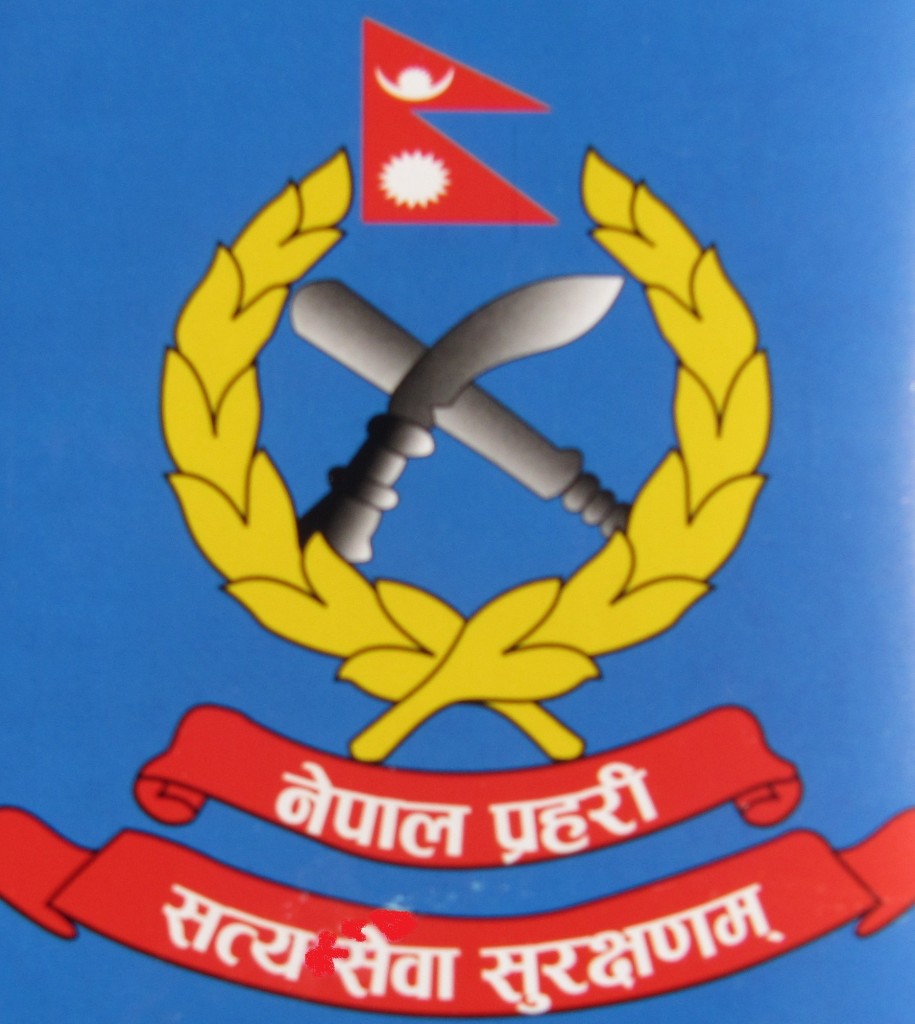Police seek details of conflict victims’ complaints, denied
Kathmandu, May 3
After a Nepali Army battalion, a district office of Nepal Police has sought details of the complaints lodged by the conflict victims against the police at the transitional justice bodies.
Ramechhap District Police Office today approached the District Peace Committee, Ramechhap, seeking the ‘photocopies’ of the victims’ complaints received against the Nepal Police, sources said.
The Truth and Reconciliation Commission and the Commission of Investigation on Enforced Disappeared Persons have been collecting complaints from the victims of Maoist insurgency since mid-April.
The district peace committees across the country have been asked to collect the complaints on behalf of TRC and CIEDP.
CIEDP spokesperson confirmed that the District Police Office, Ramechhap, wanted to know the details of the complaints, but the request was rejected given the sensitivity of the issue.
Chief of District Police, Ramechhap, Mohan Pariyar told this daily that his office wanted to get general information about the complaints registered against the police. “We are told that it couldn’t be shared with anyone. Now, we have understood it,” Pariyar told The Himalayan Times.
The Nepali Army’s Rukum-based Devidal battalion had also sought the names and addresses of the victims who had filed complaints against the national army but the TRC and the CIEDP had refused to provide any such information.
TRC member Madhabi Bhatta said the victims could face security problems and evidences might be removed, if complaints and the FIR were shared with the security forces, who were a part of the conflict.
It’s learnt that all the security agencies Nepali Army, Nepal Police, Armed Police Force and National Investigation Department recently reviewed the nature of complaints lodged against the state-security forces and discussed ways to deal with them.
Acting Chief of Army Staff Lt Gen Baladev Raj Mahat had chaired the meeting attended by representatives of security agencies.
Nepali Army spokesperson Brig Gen Tara Bahadur Karki and spokesperson for Nepal Police DIG Madhav Prasad Joshi said they did not know the agenda of the meeting.
“It was a regular coordination meeting of the security bodies,” NA spokesperson Karki said. “As transitional justice is a pertinent issue, it figured in the meeting,” he added.
Joshi, however, said police headquarters had not directed any of its branches to seek information about the complaints registered by the conflict victims.






